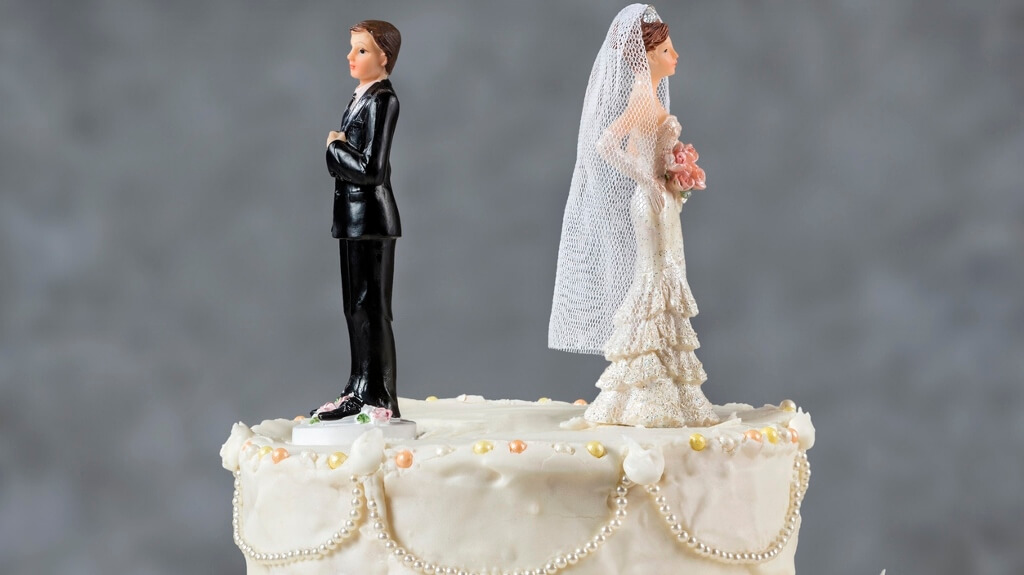
Modern millennials are redefining ideas of marriage, as found in a study from the Pew Research Center, which compares this generation to those from The Silent Generation (born from 1925 to 1942).
They are more likely to postpone their weddings or never get married (owing to financial reasons and a wish to plan their lives and commitments more strategically). Indeed, younger generations are generally more interested in placing personal needs and values first, pursuing meaning, self-discovery, and personal passion for a longer time.
As a result, those that do get married are more aware of what they are looking for in a relationship, and this means that once they decide to wed, everything - from their wedding to their planned daily lives with their spouses or partners - is more defined, equitable and meaningful.
Bespoke Weddings Rule
Brides and grooms generally continue to pursue tradition in aspects such as wedding ceremonies, receptions and customs, but many are incorporating personal touches that express a couple’s individual style and lifestyle.
Just a few top wedding trends - including sustainable weddings, intimate receptions, colourful and vintage wedding jewellery (in lieu of classic diamonds), and wedding dresses with personalised text and imagery - are increasingly common. So, too, are themed receptions with a high fun factor - think a reception in a theme park, botanical garden, or adventurous destination.
Keeping Last Names
Almost 90% of heterosexual British brides (and 70% of American ones) take their husband’s last name when they get married, but more and more spouses are considering keeping their maiden name upon marriage.
The tradition of changing one’s surname harks back to 9th century common law, which considered a woman ‘at one’ with her husband when she was wed. Today, taking a spouse’s name has come to simply indicate commitment rather than giving up one’s own identity.
However, more brides are choosing to copy their European counterparts by keeping their surname, owing to the advent of social media and the wish to remain ‘searchable’ by old friends who may now be living in totally different parts of the world.
Another reason cited by those wishing to keep their names is professional standing; those who are already known by a given name may wish to keep it as a symbol of their continued connection to their past achievements.
Embracing Equal Partnerships
These days, men and women in heterosexual marriages are not nearly as ‘locked’ into traditional ideas of what it mean to be a husband or wife. For once, the commonality of two-salary households means that both partners are often seen as contributing equal or near-equal shares in financial responsibilities.
Both partners desire equality in aspects such as household chores and parenting duties. Finally, both seek emotional support from their spouse, and seek to have an equal voice when it comes to making major financial, personal and social decisions.
Millennials are generally postponing weddings until later in life or deciding not to get married at all. The wish to be financially independent and to achieve one’s personal and professional goals are the main reasons for this big change.
Those that do tie the knot, meanwhile, are opting for more personal weddings that reveal their tastes and sense of style. Once their marriage is in full swing, equality, independence, and the need for emotional support take hold.
Thanks for signing up to Minutehack alerts.
Brilliant editorials heading your way soon.
Okay, Thanks!